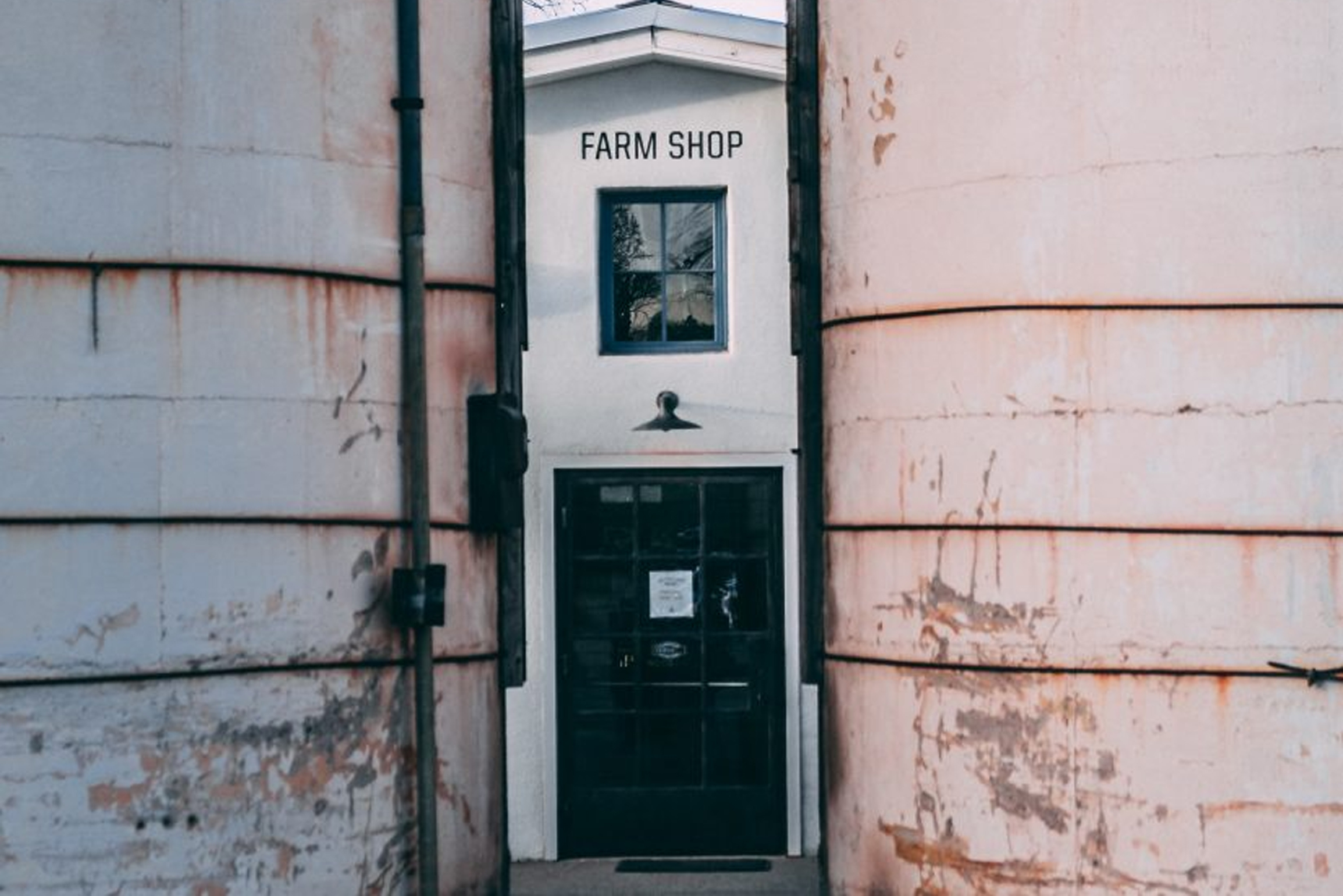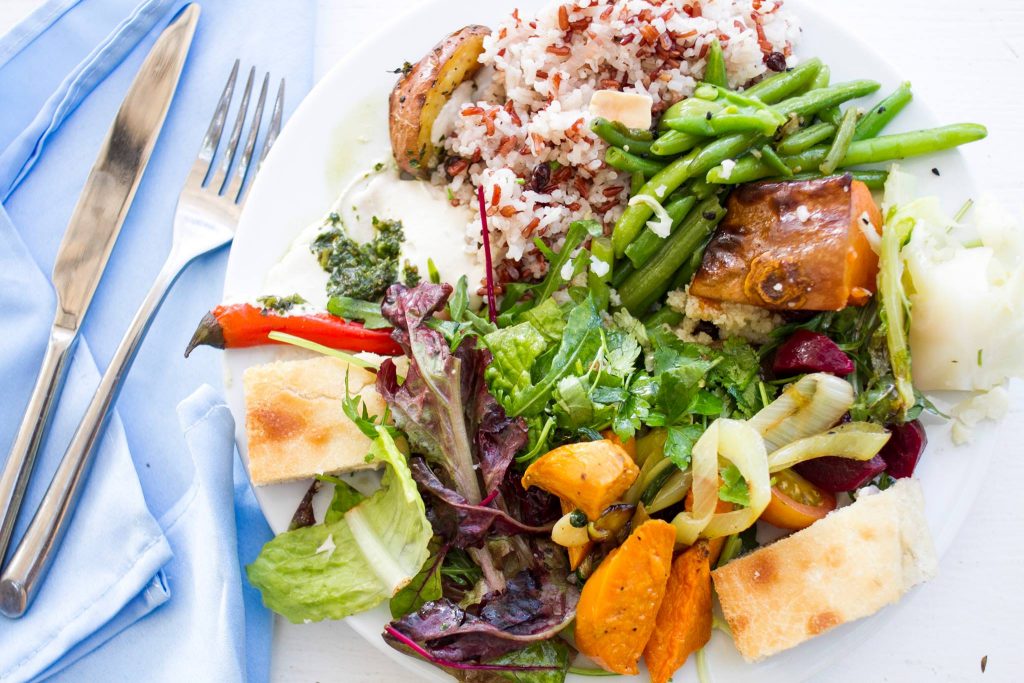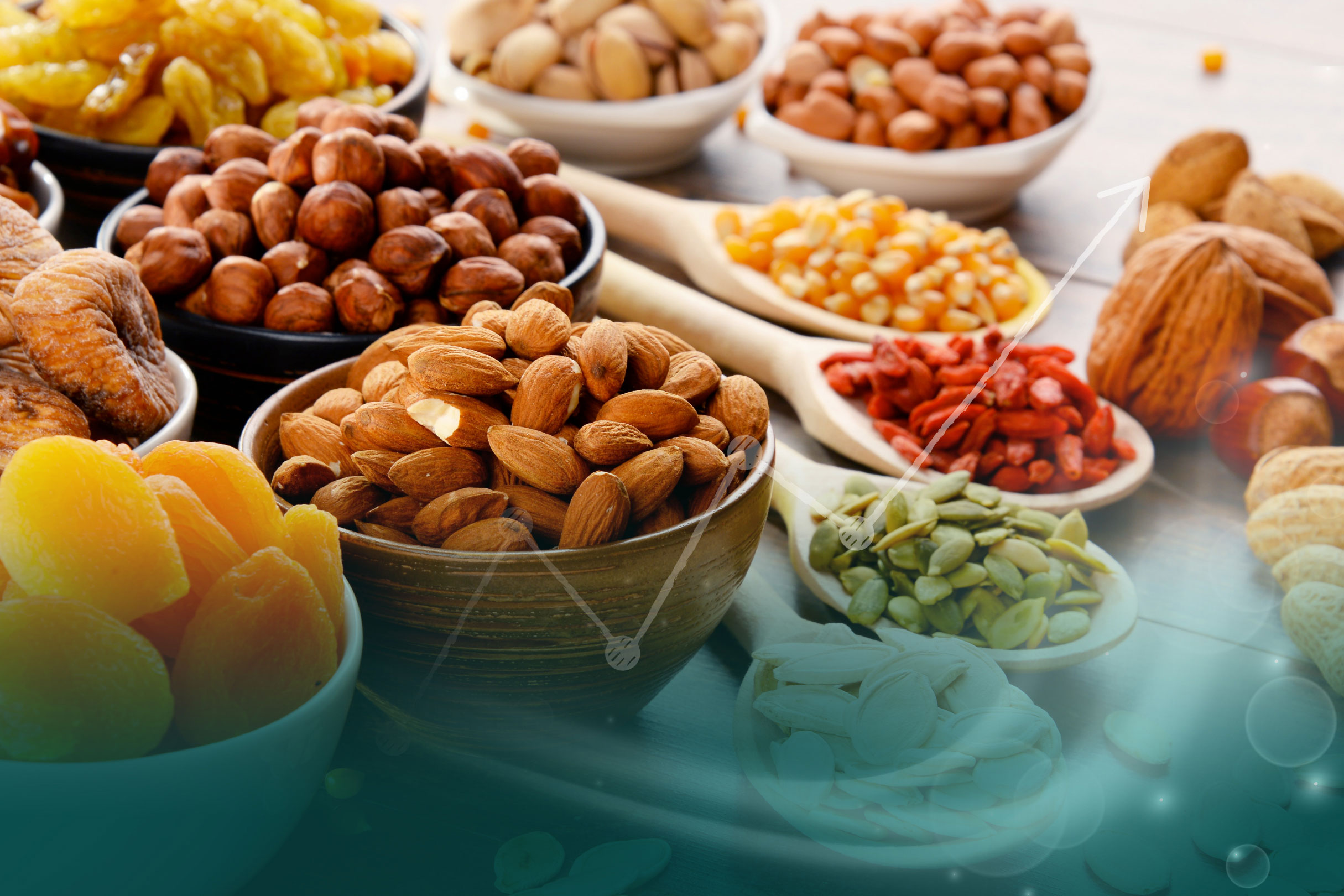Organic Products Demand Exceeds the Offer
That the organic sector is growing is a reality, and nobody doubts it. The comments of the type, “the BIO is fashionable”, “I would buy it if it were cheaper” or “it’s normal that people move to organic because there is much crap on food” are the more and more common.
Organic products sales are constantly growing because this is not a trend, but a way of living and within that healthy lifestyle, food plays a fundamental role.
As commented in a previous post, there are several reasons that lead consumers to buy organic products despite the fact that their price is higher than conventional products. The organic products are healthy, sustainable and respectful to the environment, respectful of animal welfare, quality and tasty. In addition, they do not contain additives, they do not contain pesticides, they do not contain GMOs, they do not contain antibiotics.
Our society begins to become aware of the importance of food in health. There is a change of perception. The consumption of organic products is normalizing and is not consumed only by a few, but by people who take responsibility for their health through food.
The Increasing Demand for Organic Products
This concern has caused a great increase in the organic consumption demand which, over a period of 4 years, has increased by 90%.
However, the Spanish organic sector has been experiencing interesting increases for several years, more pronounced at the end of the chain (consumption) than at the beginning (production) and which have put on the table the need for harmonious growth throughout.
Pedro Lopez, the analyst specializing in organic food from Consultancy firm called Provotec Agrifood, says that, between 2013-2017, the growth of consumption has been around 90%, “much higher” than that registered in surfaces (+29.3%) and producers (+ 23.6%).
There is an increasingly marked tension between supply and demand, and the actors in the sector must work to reduce it.
Organic Boosting Works with Organic Producers and Buyers
Organic Boosting is aware of this reality, so it works with both the producer and the buyer to facilitate consumer access to organic products.
With the producer acts as an external export department, or as a complement to the own export department. Likewise, it prepares brands to go global, advises and guides in the international adventure.
With the buyer acts as a purchasing department, selecting the ideal products, and the winning brands, in addition, to train the commercial team in the organic sector.
This tension has made unstoppable the incorporation into the organic market of the great conventional food industry, which sees in the organic market a great opportunity for the medium and long-term future. These conventional operators and distributors have firm, long-lasting and well-oiled commercial relationships, share short and efficient logistics networks, which can simplify the arrival of the organic products to the conventional channel.
The entrance of the Great Organized Distribution in the Organic market will increase the accessibility of the consumer to the organic products, and with it, solve 1 of the 2 most important problems within the sector. The other one is the price.
The added value of Organic Boosting is that it puts the producer and the buyer directly in contact with the minimum number of intermediaries, in this way they can lower the prices on store shelves and attract more consumers.
There is a huge potential demand for organic products, however, it is held back by the cost of the products. All efforts should be directed to reduce the unit cost of production, and go directly to the markets through the essential number of intermediaries.
Organic Boosting wants to democratize the access to organic food, healthy, respectful to the environment, and animal welfare, quality and tasty. With no additives, no pesticides, no GMOs, no antibiotics.







